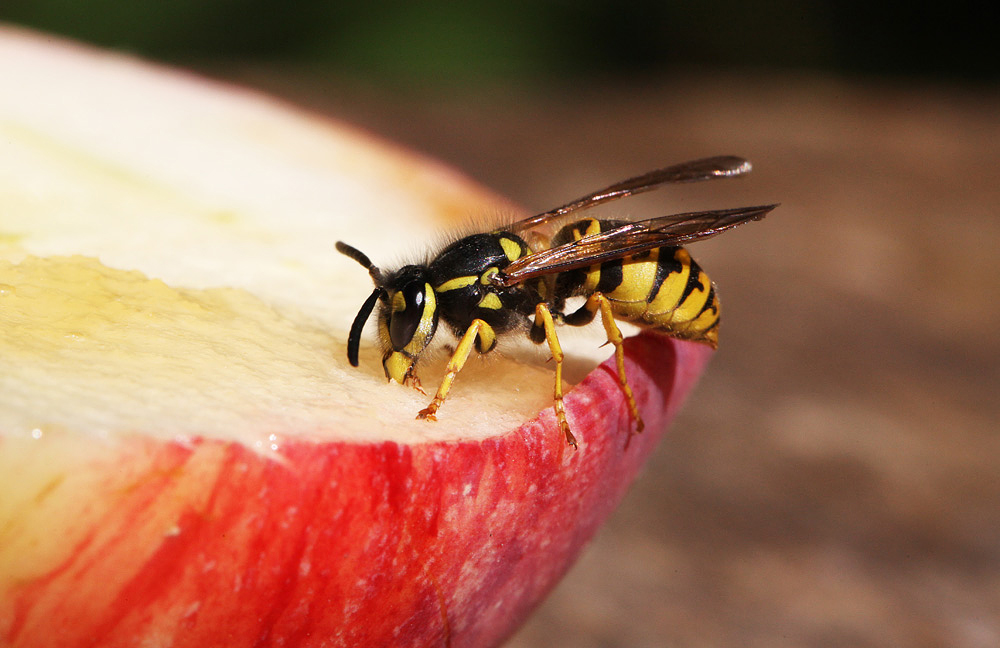Invasive wasp control: Are Māori businesses keen?
A new paper in New Genetics and Society details the perceptions of Māori businesses around using biotechnologies in pest control.

Based in Te Kawa a Māui School of Māori Studies at Te Herenga Waka/Victoria University of Wellington, Symon Palmer and Dr Ocean Mercier have published a paper in New Genetics and Society. It details the perceptions of Māori businesses around using biotechnologies in pest control, work which has stemmed from Symon’s research for his masters’ thesis.
In Aotearoa, the German wasp (Vespula germanica) and common wasp (Vespula vulgaris) are introduced species that cost the economy $133 million annually. Current pest management methods for introduced wasps are labour intensive and reliant on human monitoring and land access. These factors make wasps a good candidate for trialing alternative methods of pest control, especially novel biotechnologies such as artificial pheromone lures and gene drives.
This research provided a great opportunity to talk to those that are directly affected by introduced wasp species, and gauge their attitudes towards different pest control options. Many of the primary industries that are set to benefit from wasp control, such as apiculture, viticulture and farming, are Māori businesses – indicating a need to understand the perceptions of Māori towards novel pest management tools.
Interviews were held with ten participants from eight different Māori businesses across Aotearoa. The study methods were guided by the principles of Kaupapa Māori to produce Māori-led research, for the benefit of Māori communities.
Participants were asked to rank different pests based on how concerned they are about the impact of that species. While some participants answered this based on how pests affect their work, others viewed it through the lens of how these species impact Aotearoa’s environment as a whole. The participants also ranked different pest control methods based on their preferences. While the results varied, almost all participants viewed “do nothing” as the least preferred option.
As genetic material is regarded as taonga (sacred), cooperative decision-making and management is required around complex topics such as genetic modification. The tension of novel technologies with tikanga Māori was highlighted by one participant who expressed concern that biotechnologies “wouldn’t sit too well” with Māori values.
“What’s great about a comment like that is that’s someone in business reflecting on how their communities might feel about this.” Symon says. “They may have different drivers and priorities but still they’re connected to the communities through these views.”
Some participants drew on their past experiences with pest control. One business had previously had a positive experience with using 1080, and reflected on the factors that made the process successful. Consultation involved holding hui (meetings) at their marae and providing clear information. These participants placed great value on research, and with many participants expressing the need for iwi (tribe) consultation around biotechnologies, this example of a positive outcome suggests that this is a good place to start.
One of the biggest challenges Symon faced during this research was developing the connections needed to work with Māori business leaders. However, this challenge lead to one of the main highlights for Symon as well – getting to meet with these leaders, and getting a glimpse into the behind-the-scenes of their business operations.
You can read Symon’s paper here.
Posted September 2020.